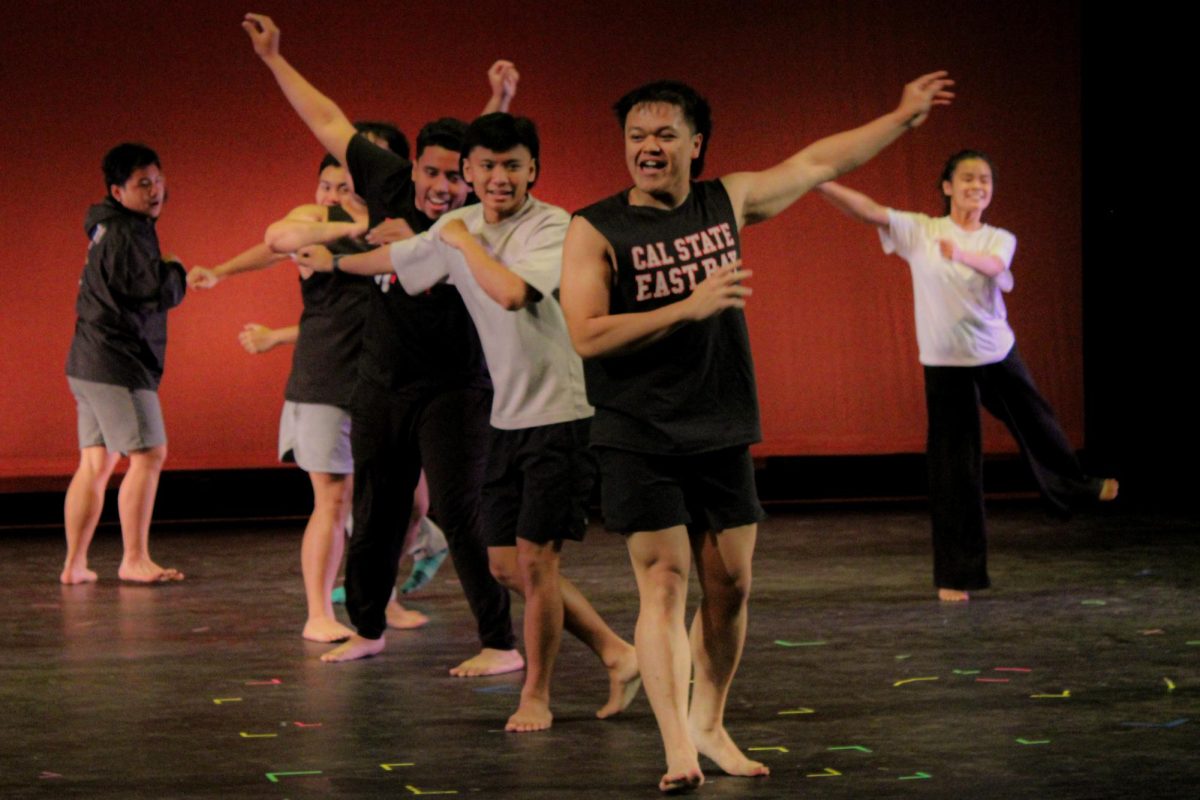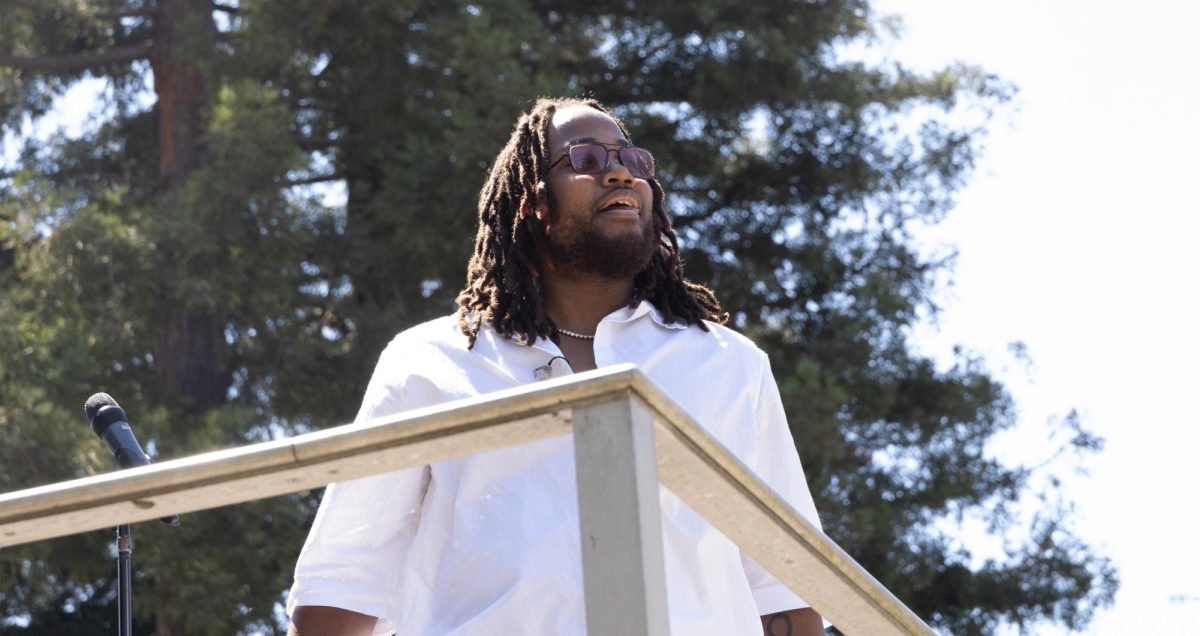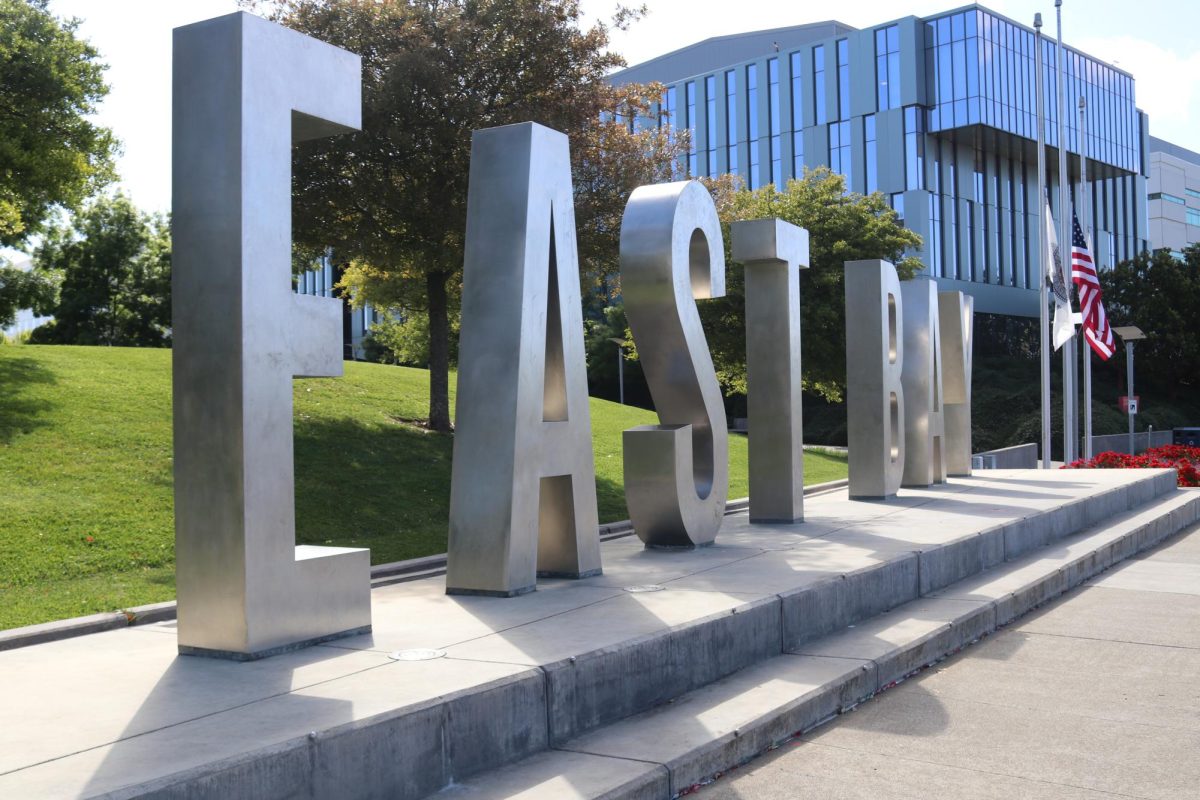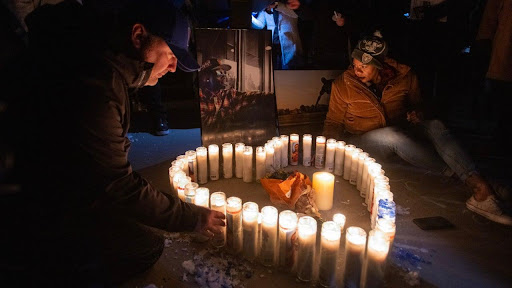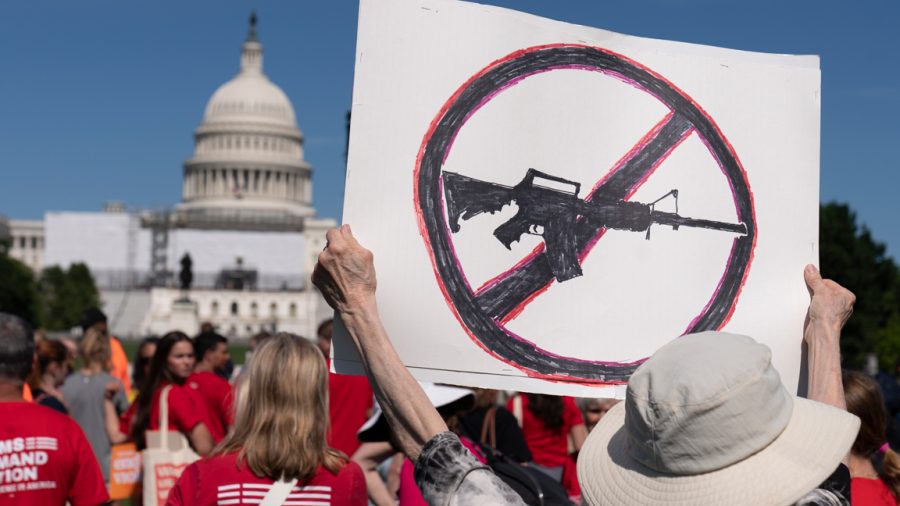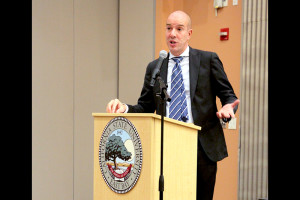
spoke to less than 40 CSU East Bay students and
faculty yesterday.
Anthony Romero, executive director of the American Civil Liberties Union (ACLU), spoke to a group of roughly 40 CSU East Bay students, faculty and community members last night about issues affecting the freedoms and rights of Americans, especially focusing on the country’s current criminal justice, voting and economic systems.
A graduate of Stanford University Law School and Princeton University’s Woodrow Wilson School of Public Policy and International Affairs, Romero is the first Hispanic and first openly gay executive director in the history of the 92-year-old organization, serving since 2001.
Sticking to the podium inside the New University Union and poised casually, Romero outlined how those three pillars are inextricably linked to the limiting of civil liberties in the country, and are aimed almost exclusively at people of color.
“The human rights struggle, is ultimately, the right to live with dignity,” said Romero.
Opening with his affection for the East Bay, and the Bay Area as a whole, Romero stressed that economic justice and civil rights are crossroads that pass through the region, referencing the roots of the LGBT (Lesbian Gay Bisexual and Transgender) rights movement in San Francisco and the Black Panther Party in Oakland.
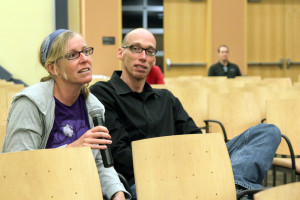 He stressed economic issues are incredibly important in the pursuit of the ability to live “full and constructive lives.”
He stressed economic issues are incredibly important in the pursuit of the ability to live “full and constructive lives.”
“The right to free speech means very little, for instance, if you don’t have enough food in your stomach that allows you to speak your mind,” said Romero.
Romero referred to the consistently lopsided racial wealth gap stating firmly, “to be clear, the playing field on wealth was never equal,” as he was at the ready with statistic after statistic.
He said between 2005 and 2009, the average white household in America lost 16 percent of its net worth, while African American households lost 53 percent and Latino households lost more than 60 percent.
“We are increasingly defined by an economic caste system,” said Romero, noting that in countries like England, a place where there is rigid social casting, the son of a mechanic or a maid has a much better chance of becoming an investment banker than here in America.
“The ground that we’ve lost in the last 30, 40 years has a lot to do with the explicit and sometimes cynical policies of our elected officials,” said Romero, as he began his attack on former President Richard Nixon’s “War on Crime.” He accused Nixon of using crime as a euphemism for explaining to America that his policies would be organized and orchestrated to be to be harsh on people of color.
Romero continued to speak on crime policies and how it impacts communities of color. He jokingly mentioned that if there were a stop and frisk policy in Marin County, an area that is over 80 percent Caucasian, there “would be bloody hell to pay.”
“The data we have shows young white people are more likely to sell drugs than minority youth. However, over three quarters of incarcerated youth on drug charges are black or latino,” he said.
Romero continued to talk about issues such as restrictive voter I.D. laws, harsh immigration policies including SB 1070 in Arizona, and the sub-prime lending crisis, making reference to the ACLU’s landmark lawsuit against Morgan Stanley in the city of Detroit, where the banking giant is accused of racial discrimination.
Although he said he hesitates to speak on just one issue as the main problem facing the country today, he did say America’s addiction to over incarceration is one area where he wishes the ACLU could have “double the impact.”
In the end, the event, though low in attendance, was an opportunity to hear from one of the most influential leaders in the United States. Above all, Romero remained approachable and natural throughout the event, seemingly hoping to affect the way students think.
“Progress is certainly possible,” he said. “Nothing is entrenched to the point where you can’t change it.”
Kaliva Morgan contributed to this report.





